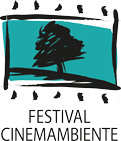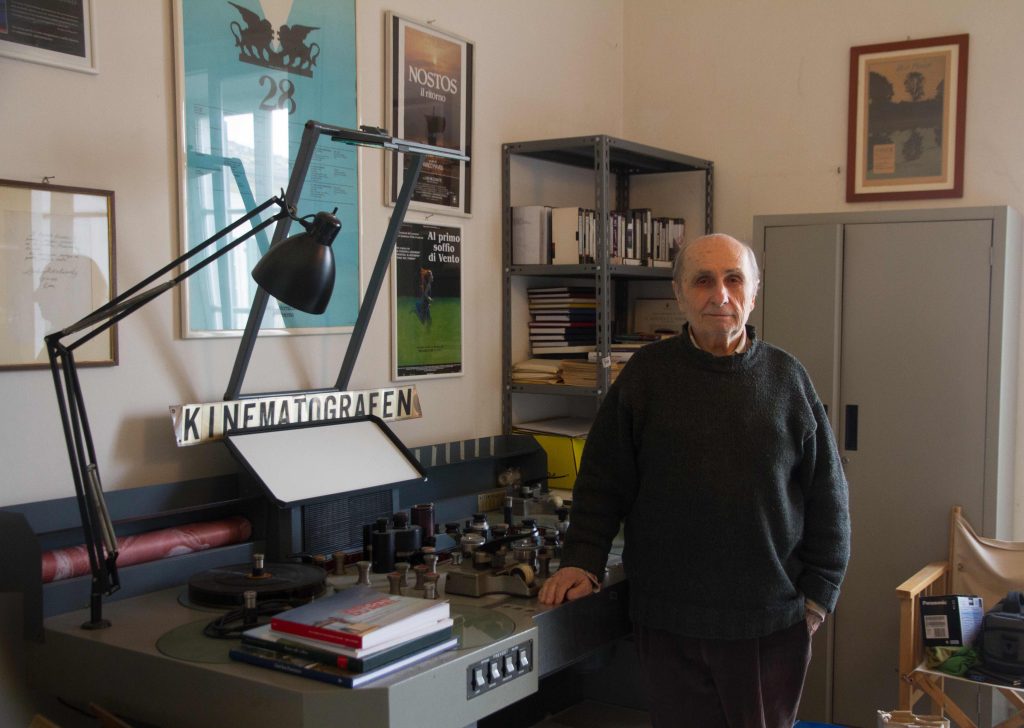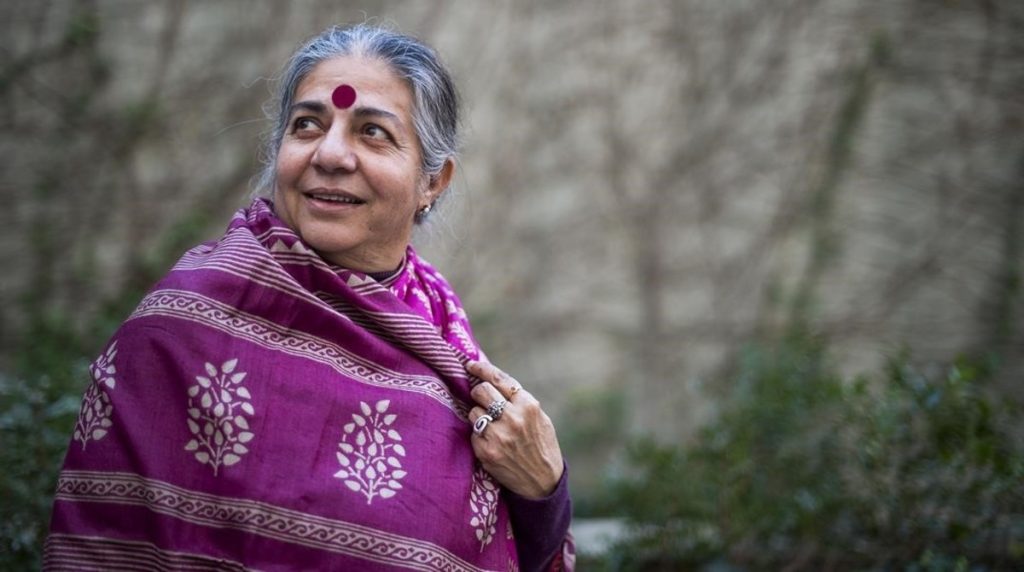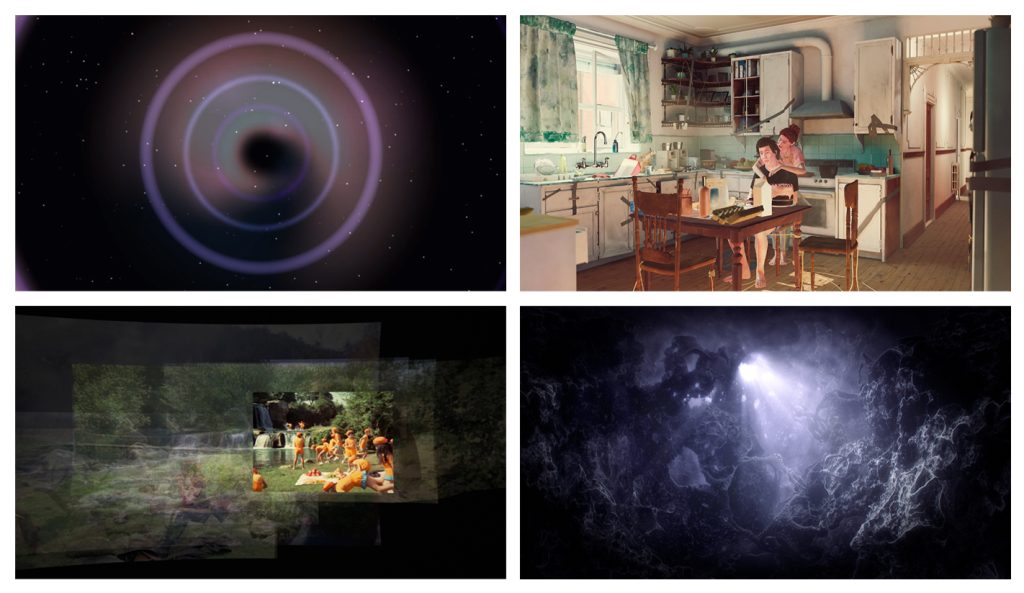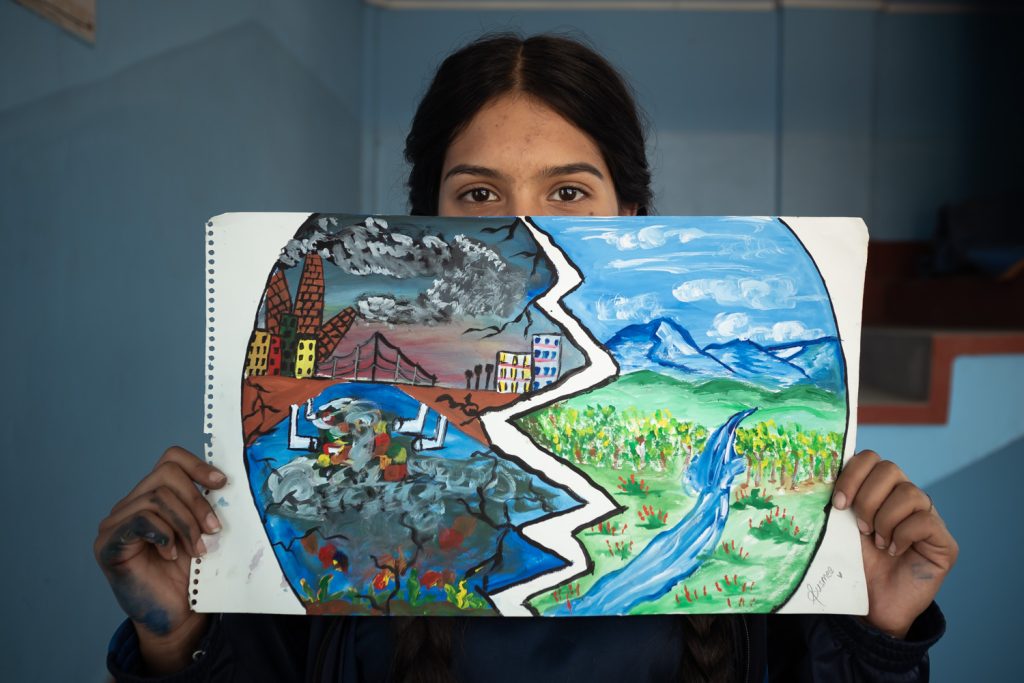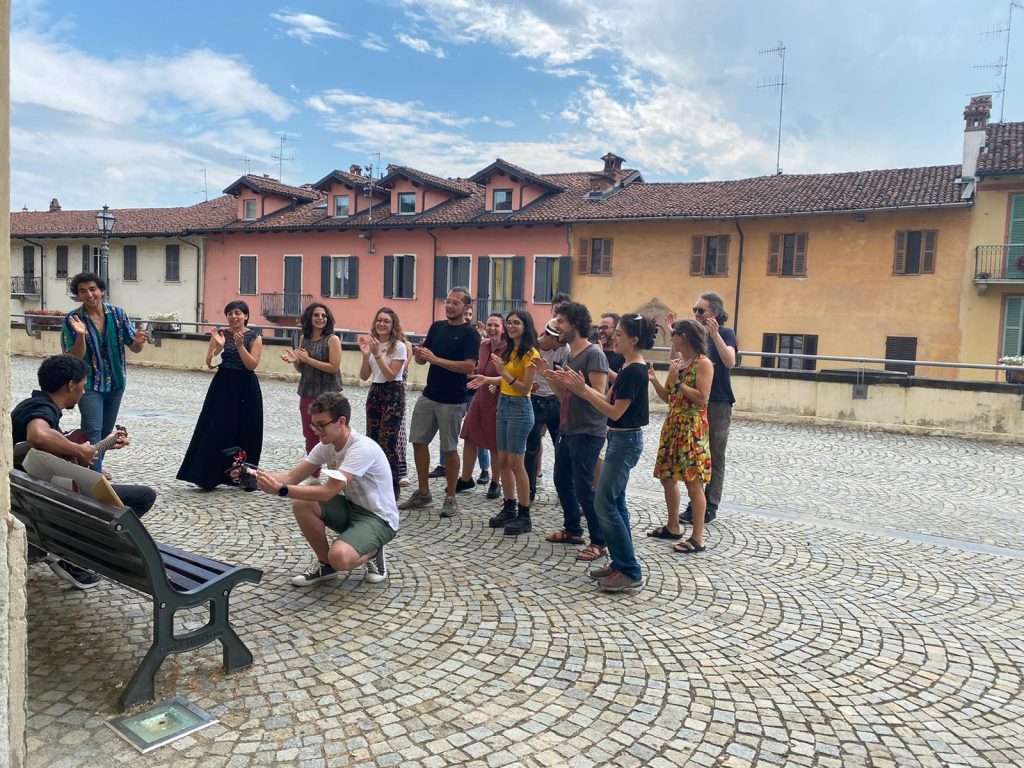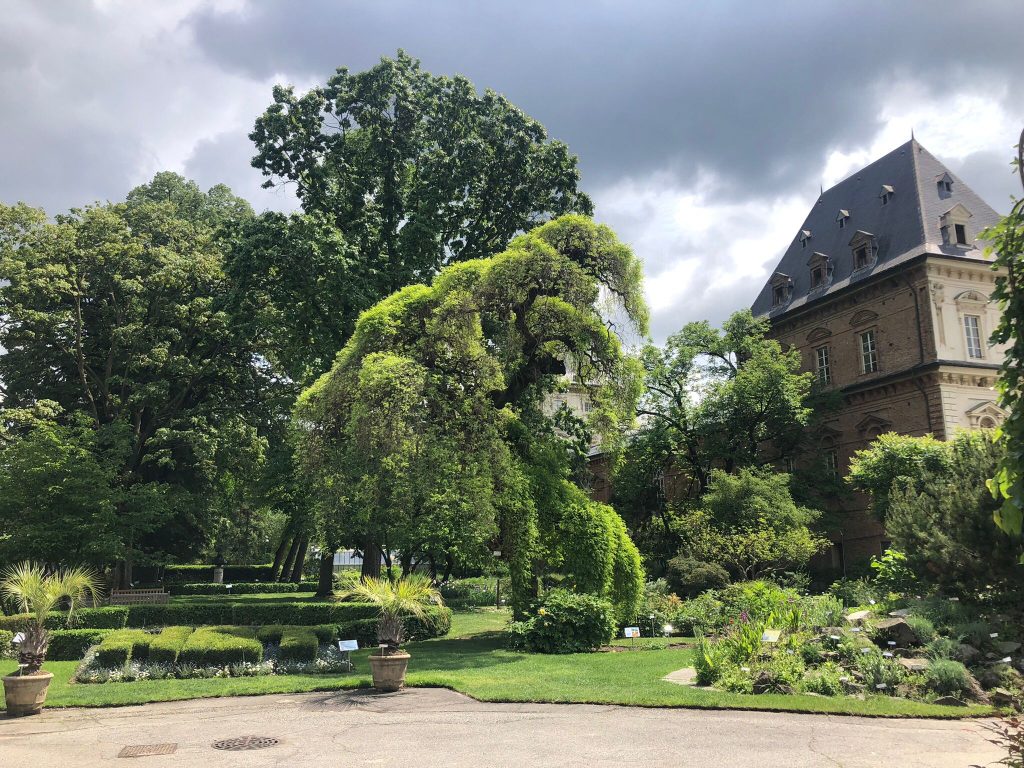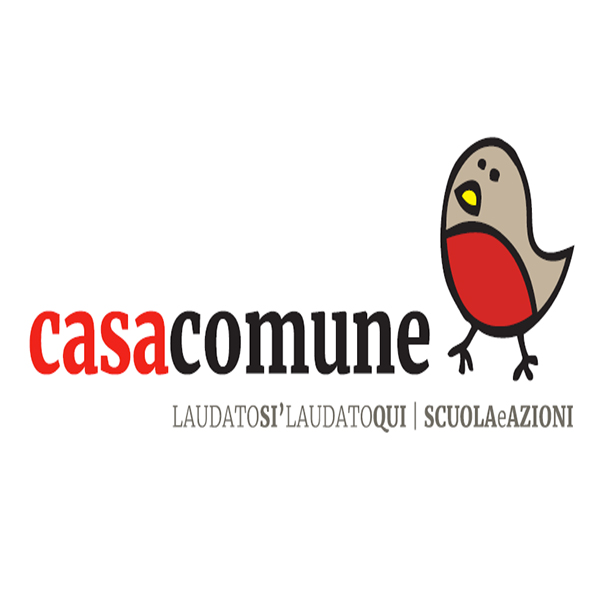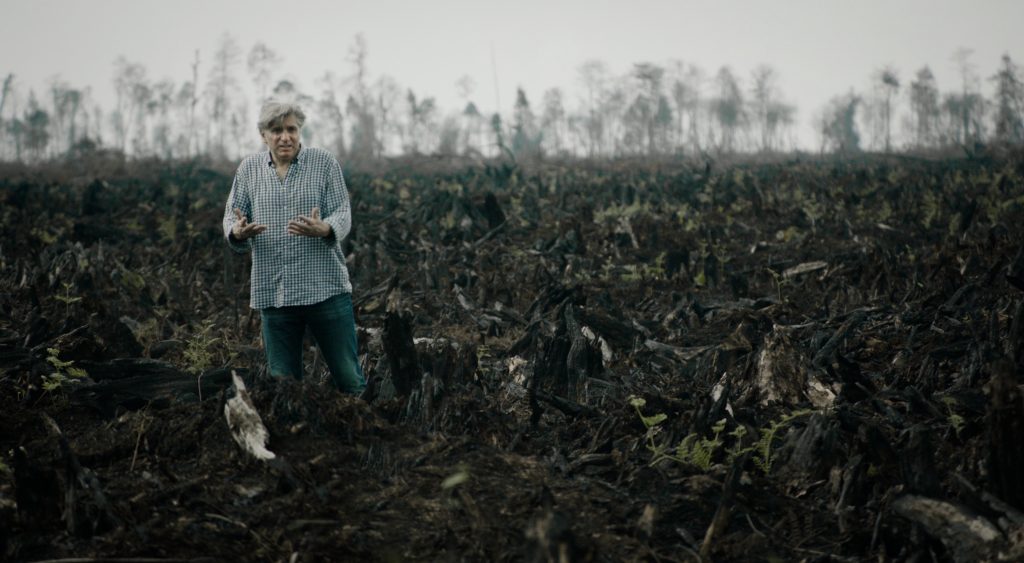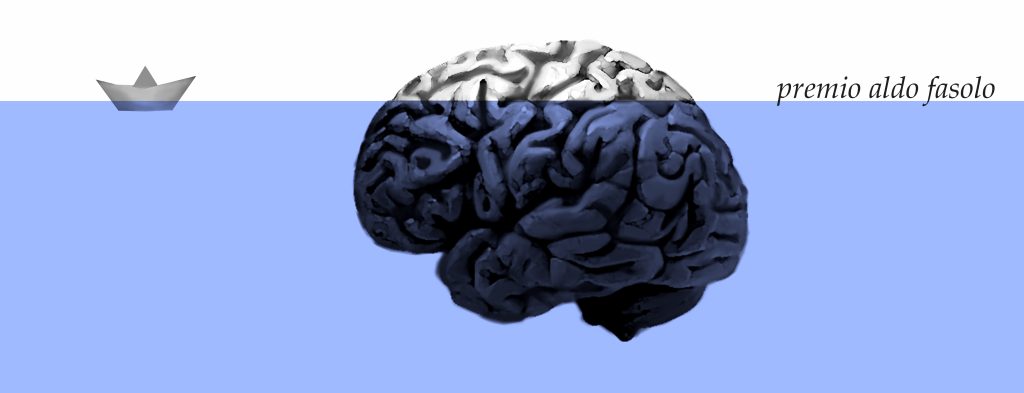THURSDAY 8TH JUNE, CIRCOLO DEI LETTORI, H. 10:00 am – 1:30 pm
In the last few decades there have been radical changes in the relationship between the world of scientific research and the communication of the results of this research to non-scientists. While in the past the transfer of scientific knowledge has been filtered and limited to those working in scientific fields, in today’s multimedia society everybody can have fast and unlimited access to many sources of information (which may vary greatly in reliability), and they can start a discussion with anybody. In this fluid and immediate context, researchers cannot avoid the need to communicate the content of their studies personally and effectively, also using different communication channels, and registers that are often very far from the rigor of scientific language. Despite its complexity, the skill set needed to inform and educate is often taken for granted.
FI(na)LMENTE originated from the encounter between CinemAmbiente, the Doctoral School of PhD research in Neuroscience of the University of Turin and the association InTo Brain, which awards the Aldo Fasolo Prize for the best communication of neuroscience to the public through videos. In 2022, the award-winning videos were screened at this festival for the first time. This laid the foundation for this new project, inspired by the Science Filmmaking Marathon of the University of Zurich. Thanks to the participation and collaboration of the Doctoral School of the University of Turin, the initiative has expanded beyond the field of neuroscience to embrace all areas of scientific research. The project is funded through contributions from the Compagnia di San Paolo foundation.
The goal of the project is to train PhD Students in video making, giving them a special opportunity to develop the creative and technical skills essential for effectively communicating scientific concepts to the general public. During a 3-day intensive course, the participants (selected on merit from applications) were taught the basics of visual storytelling: they worked in groups, supervised by professional film directors, and made three short films about their research fields. Our festival provides a unique opportunity to showcase the final products of this course and to lay the foundation for further projects.
The premiere of the short films will be followed by a round table discussion on the pros and cons of using video to make information about science accessible to non-scientists, but in a way that is still accurate and precise.

